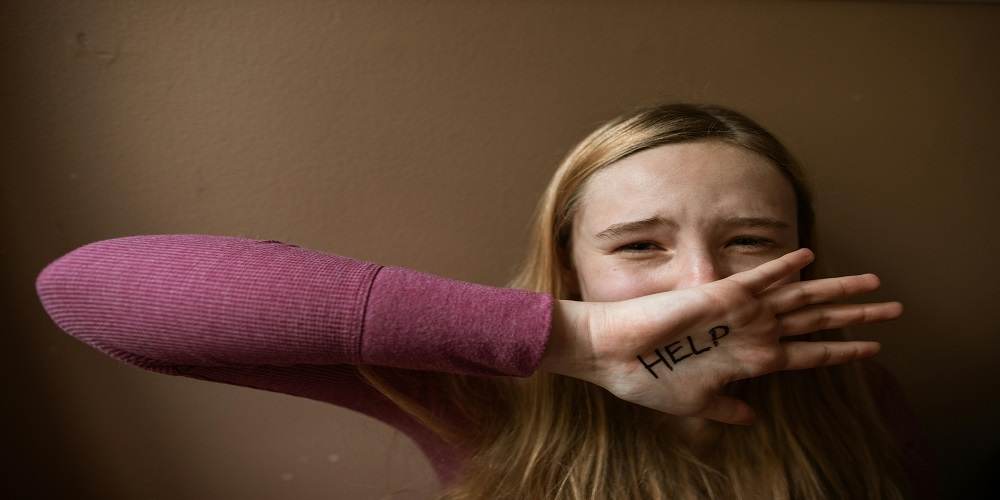
When it comes to domestic assault complaints, complainants often do not realize they have limited rights. They assume that they have the ability to “drop the charges” after filing a formal complaint with the police. This misconception has arisen from movies and TV shows that depict the complainant as having changed their mind later, and the charges are dropped.
However, in reality, this does not happen. By policy, once the police receive a complaint of domestic violence, they are obligated to conduct a full investigation into the matter. If the police determine that an incident of domestic violence has taken place, they will arrest and/or charge the accused. This will be the case even if the complainant tells police on the scene that they do not want their partner charged. For an in-depth look at the role of a criminal lawyer in the legal system, check out this detailed guide.
The victim cannot tell the police or Crown prosecutor they changed their mind and want to “drop the charges.” The victim has no right to dictate to the Crown they no longer wish to prosecute their loved one. As such, in cases where assault took place, the law is clear: Even when the complainant wants to drop charges, the proceedings still go forward.
Are People Wrongfully Accused of Domestic Assault?
Absolutely. There are situations where the victim may fake injuries to make it appear like they were assaulted by their loved one. There are also cases where the police have been to the home numerous times for complaints of domestic disputes. Given the previous history, they can mistakenly assume assault took place when it did not. For insights on navigating these complex situations, check out expert advice on facing criminal charges.
What Should I Do If I Am Charged with Domestic Assault?
The important thing is to remain calm, collected, and keep your composure. Be respectful toward the police. However, do not answer any questions once your rights have been read. Politely decline to answer any questions until you have consulted with your domestic criminal defence lawyer. By law, the police must let you contact a criminal defence lawyer and have one present during any questioning.
To get expert tips and guidance on working with criminal lawyers, refer to this guide on expert criminal lawyers.
